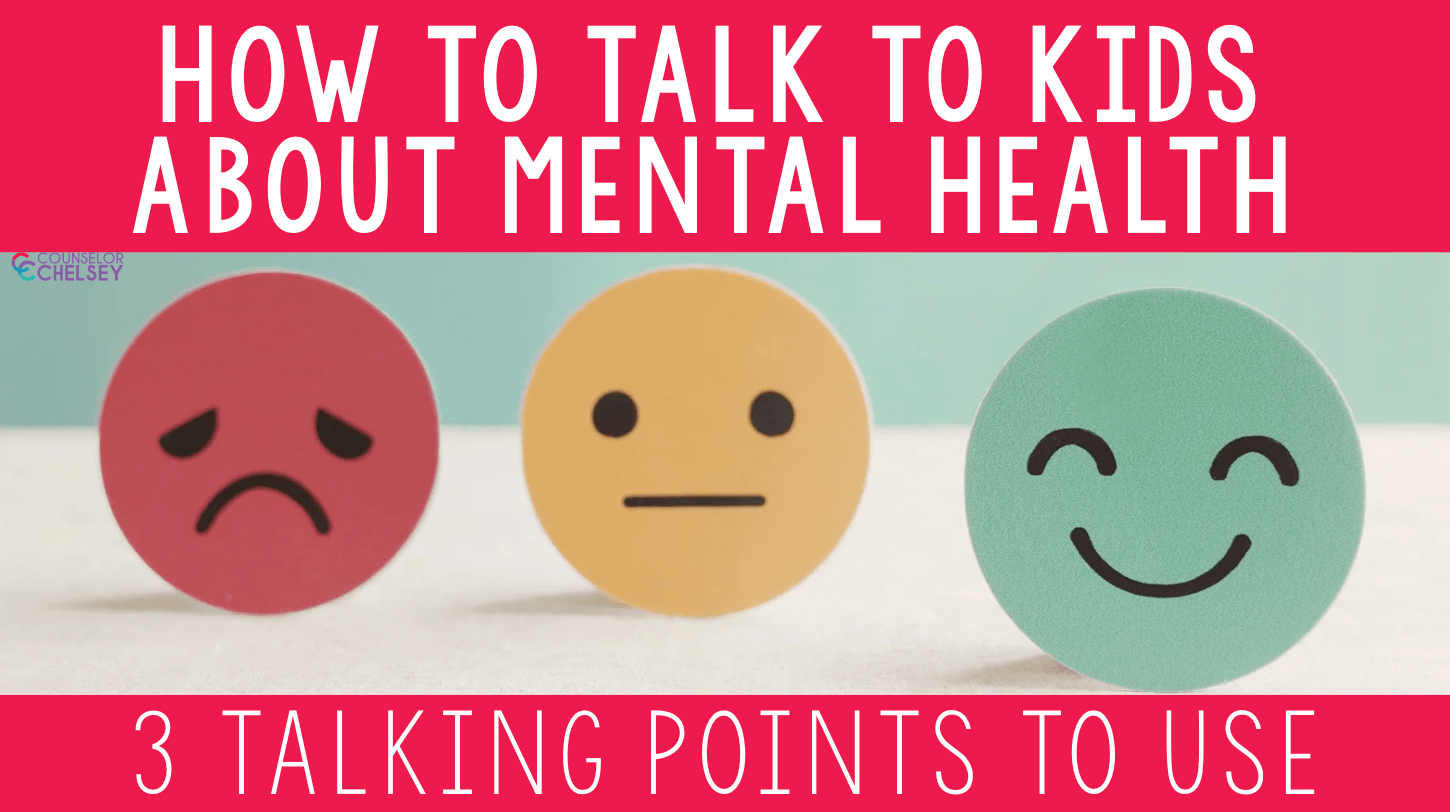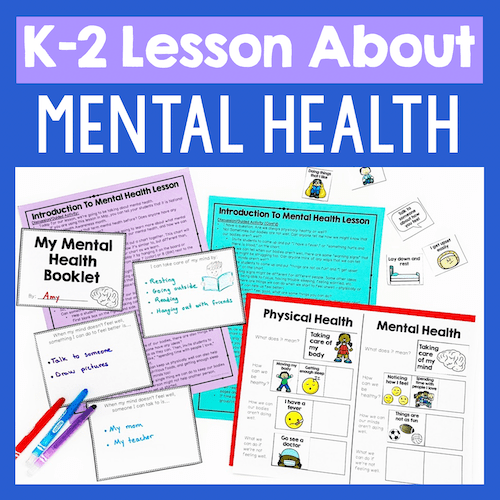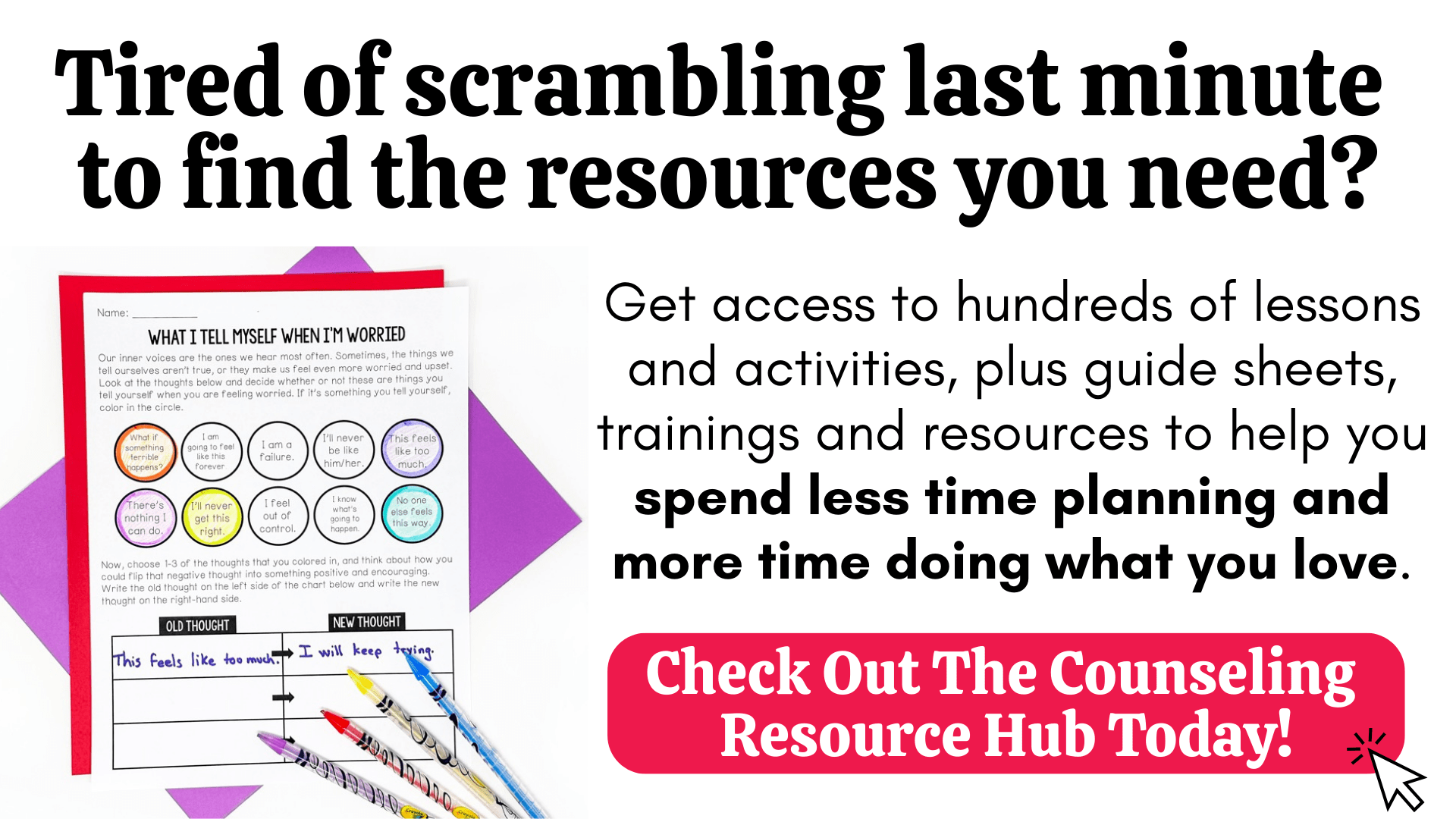How To Talk About Mental Health With Kids
In recent years, there have been many pushes to increase mental health awareness. Thankfully, there is evidence that people have become more open to discussing mental health and that there is less stigma around it. Still, talking to kids about mental health may seem uncomfortable. You may feel pressure to “get it right,” or just not know what to say or how to say it in a developmentally appropriate way.
These fears may prevent educators, parents, and other adults from engaging in these important conversations. Below, you’ll find some tips and discussion points you can use to talk about mental health with kids in a clear and helpful way.
Why Talking To Kids About Mental Health Matters:
Talking about mental health with kids can have a meaningful impact. Simply the act of talking about it with them shows that mental health is something that can be talked about. Just by bringing it up, we can automatically take away some of the stigma. Plus, these conversations can be a reminder that they aren’t alone in any mental health challenges they may be facing, which can help them feel more comfortable asking for help when they need it.
It’s not just the act of talking about it that can be helpful, but through our conversations we can help them learn how to recognize signs of mental illness, as well as tools and strategies they can use if they start to struggle with their mental health.
Talking Point #1: Explain What Mental Health Is
Comparing mental health to physical health is a great way to help kids better understand it. This interactive chart is included in this K-2 Mental Health Lesson.
The concept of mental health can be unclear - even for adults. If we assume kids know what we are talking about when we say “mental health,” the rest of our conversations on the topic may be confusing to them, making them less effective. When talking to children, especially about topics that may be more abstract, it’s important to define the terms we are using so that we’re sure they are able to understand what we’re saying.
A helpful way to describe mental health to kids is by comparing it to something they are more familiar with - physical health.
If you ask a child to explain what it means to be healthy, they may say things like “eating nutritious foods,” “getting exercise,” “going to the doctor,” or “taking medicine you need.” These responses can illustrate that our physical health is the wellbeing of our bodies, bones, muscles, etc.
This can be contrasted with mental health, which can be simply defined as the wellbeing of our minds, thoughts, feelings, behaviors, etc. This clear definition, especially in comparison with the definition of physical health, can help kids better understand what mental health is.
Another important reminder to include in these conversations is that having a healthy mind doesn’t mean that the circumstances of our lives are easy. It just means that we are able to deal with these challenges and work through them.
Talking Point #2: Teach Kids How To Take Care Of Their Mental Health
Talk about specific strategies kids can use to take care of their minds. This booklet page is from the Mental Health Awareness Lesson for Grades 3-5.
Once kids have an understanding of what the term “mental health” means, we can help them learn how to take care of their own mental health. An aspect of this that is important to highlight is that taking care of our mental health isn’t just something we should do when we are struggling. Just like with physical health, there are proactive strategies we can use to stay mentally healthy.
Here are some strategies that kids can use to take care of their mental health, as well as some discussion questions you can ask about each one:
Spending time with friends and family
Discussion Question: Who are some people you enjoy spending time with?
Taking time to notice how you feel
Discussion Question: How are you feeling right now? How do you know?
Doing things you enjoy
Discussion Question: What do you enjoy doing?
Moving your body
Discussion Question: Are there sports, games, or other physical activities you like to do? Are there any you want to try?
Practicing gratitude
Discussion Question: What are three things you’re thankful for?
Taking time off of technology or social media
Discussion Question: Do you spend a lot of time using technology or social media? When could you take a break from it?
Talking Point #3: Let Kids Know What To Do If They Are Struggling
This talking point includes 2 steps: Teaching kids to notice when something isn’t feeling right and then choosing a strategy that will help them feel better.
While there are many proactive strategies we can use to protect our mental health, there are going to be times when our mental health might not be at 100%. It’s important to let kids know that this is okay, and nothing to be ashamed of. It also doesn’t mean that they are a bad person or did anything wrong.
Just like when it comes to our physical health, it’s important to pay attention to our mental health. If we can notice that something feels “off,” we can treat it before it becomes even worse. One way to do this is by thinking about our “warning signs.” There are symptoms like: Things aren’t as fun anymore, I want to be by myself more, I am getting upset easily, and it’s hard to focus on things that make me happy. These warning signs let us know that something might not be right.
Of course, being aware that you’re struggling is just one step in managing mental health struggles. We also need to make sure that kids know what they can do to help themselves feel better. Here are some strategies that kids can use when they start to notice their mental health “warning signs”:
Telling an adult about how you feel
Spending more time resting and/or doing things you enjoy
Learning (and using) positive coping strategies
Getting help from a professional like a counselor or therapist
Helping kids put a plan in place while they are feeling good can help them feel more prepared and less overwhelmed when challenges come. Consider working together with your students to create a plan that they can keep and share with their families.
Mental health is something that everyone has. By talking to kids about it, we can reduce the stigma around mental health. Explaining what it is, teaching about how to take care of your mental health, and creating a plan for what to do if/when you’re struggling are great ways to give kids the tools they need to take care of their minds.










